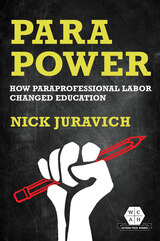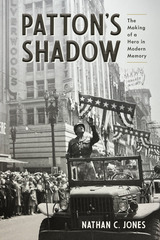6 start with I start with I

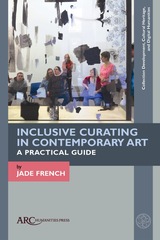
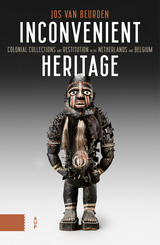

The museum of the East India Company formed, for a large part of the nineteenth century, one of the sights of London. In recent years, little has been remembered of it beyond its mere existence, while an assumed negative role has been widely attributed to it on the basis of its position at the heart of one of Britain’s arch-colonialist enterprises.
Extensively illustrated, The India Museum Revisited surveys the contents of its multi-faceted collections—with respect to materials, their manufacture, and original functions on the Indian sub-continent—as well as the collectors who gathered them and the manner in which they were mobilized to various ends within the museum.
From this integrated treatment of documentary and material sources, a more accurate, rounded, and nuanced picture emerges of an institution that contributed in major ways, over a period of eighty years, to the representation of India for a European audience, not only in Britain but through the museum’s involvement in the international exposition movement to audiences on the continent and beyond.
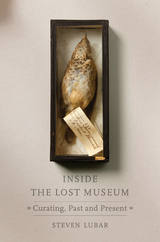
Curators make many decisions when they build collections or design exhibitions, plotting a passage of discovery that also tells an essential story. Collecting captures the past in a way useful to the present and the future. Exhibits play to our senses and orchestrate our impressions, balancing presentation and preservation, information and emotion. Curators consider visitors’ interactions with objects and with one another, how our bodies move through displays, how our eyes grasp objects, how we learn and how we feel. Inside the Lost Museum documents the work museums do and suggests ways these institutions can enrich the educational and aesthetic experience of their visitors.
Woven throughout Inside the Lost Museum is the story of the Jenks Museum at Brown University, a nineteenth-century display of natural history, anthropology, and curiosities that disappeared a century ago. The Jenks Museum’s past, and a recent effort by artist Mark Dion, Steven Lubar, and their students to reimagine it as art and history, serve as a framework for exploring the long record of museums’ usefulness and service.
Museum lovers know that energy and mystery run through every collection and exhibition. Lubar explains work behind the scenes—collecting, preserving, displaying, and using art and artifacts in teaching, research, and community-building—through historical and contemporary examples. Inside the Lost Museum speaks to the hunt, the find, and the reveal that make curating and visiting exhibitions and using collections such a rewarding and vital pursuit.
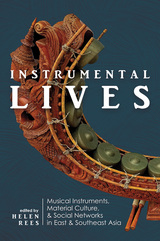
Original and expert, Instrumental Lives brings a new understanding of how musical instruments interact with their environments and societies. Contributors: Supeena Insee Adler, Marie-Pierre Lissoir, Terauchi Naoko, Jennifer C. Post, Helen Rees, Xiao Mei, Tyler Yamin, and Bell Yung
READERS
Browse our collection.
PUBLISHERS
See BiblioVault's publisher services.
STUDENT SERVICES
Files for college accessibility offices.
UChicago Accessibility Resources
home | accessibility | search | about | contact us
BiblioVault ® 2001 - 2024
The University of Chicago Press


